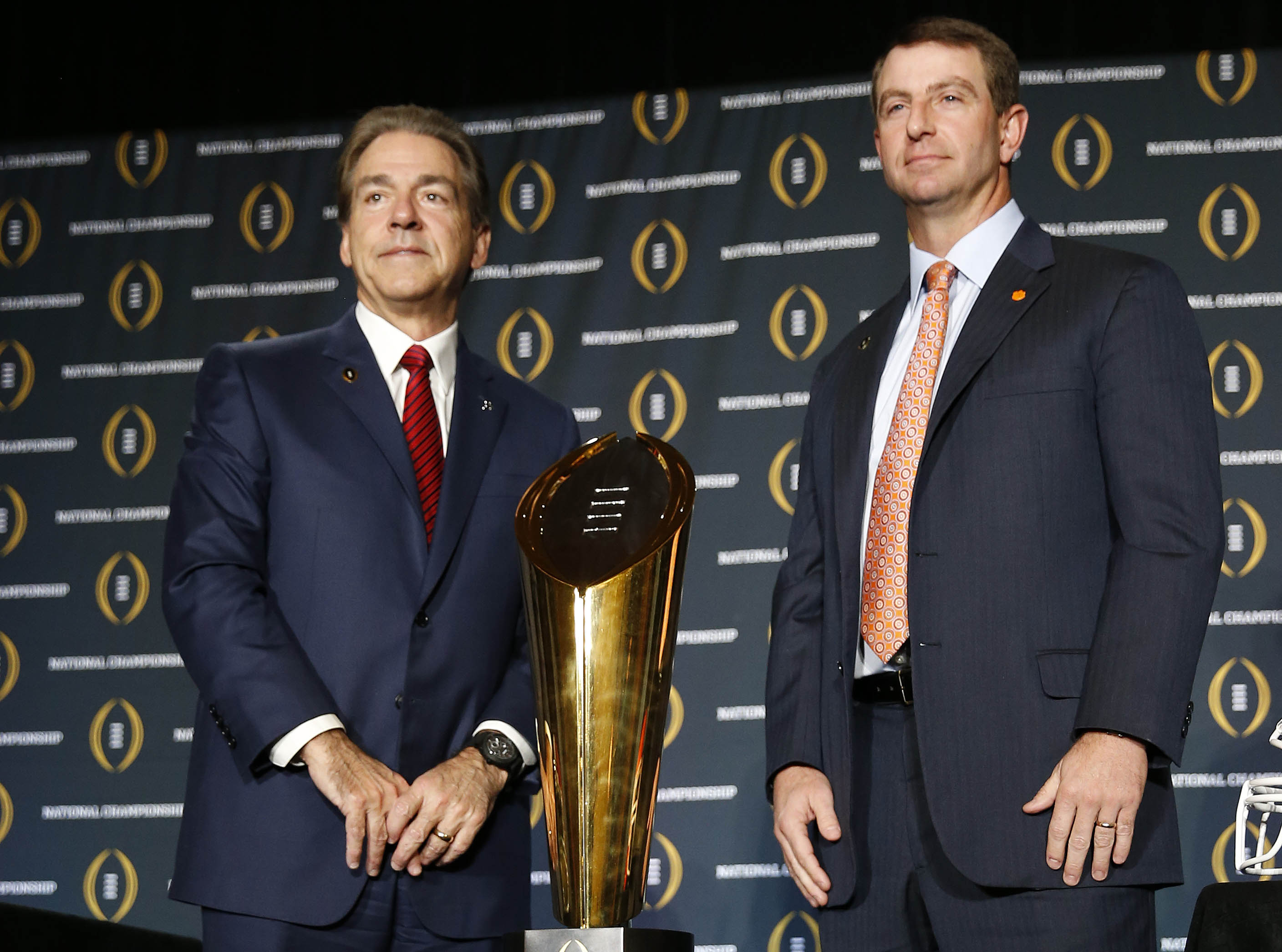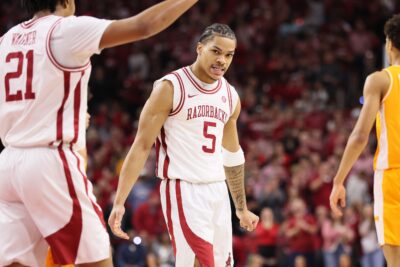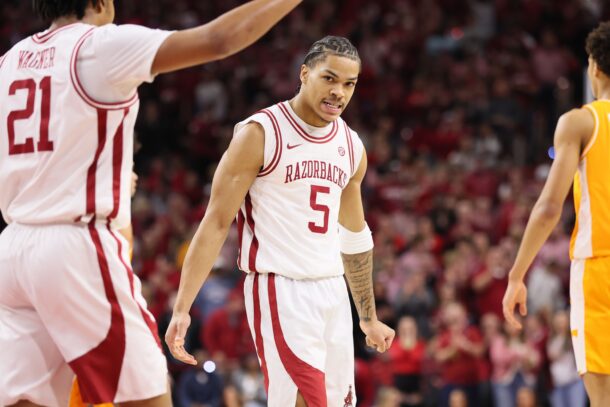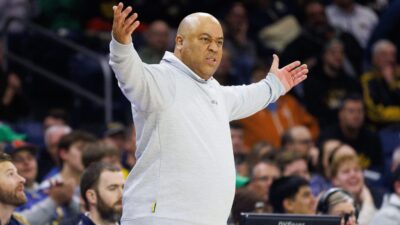
Editor’s note: This piece was written prior to the announcement of Bob Stoops’ retirement.
The SEC’s coaching landscape has changed greatly in just a few years. Only three years ago, the conference boasted some of the game’s most established head coaches.
In 2017, however, the SEC does not have many proven winners on the sidelines. Mark Richt was dismissed in favor of Kirby Smart, while Steve Spurrier and Gary Pinkel stepped away from the game after incredible careers.
What’s left is a group of coaches who – aside from Nick Saban – aren’t compelling in and of themselves. Ed Orgeron is nowhere near as polarizing as Les Miles was. Alabama’s dominance undoubtedly created this purge, but it may not have been in the conference’s best interest.
Some of college football’s most recognizable coaches are in other conferences. The Big Ten has Urban Meyer, Jim Harbaugh and Mark Dantonio, while the ACC is home to Dabo Swinney, Jimbo Fisher and Richt.
Coaches are ultimately judged by their ability to win games, but they do add a certain cache to a program and a conference.
So, how do the SEC’s current crop of coaches stack up with those in the other Power 5 conferences?
[table “” not found /]The ACC can make a strong claim that it has the best collection of coaches among the Power 5 conferences. Headlined by Swinney and Fisher, the ACC has a strong blend of experienced coaches and proven winners. It added depth to its coaching roster with the addition of Justin Fuente, who looks capable of building a winner at Virginia Tech.
Texas’ down period has hurt the Big 12’s national reputation, but Tom Herman was a great hire for the Longhorns. The conference has some long-tenured coaches in Gary Patterson, Bill Snyder and Bob Stoops, who have each had success in recent years. Although the Big 12 hasn’t been able to capture a championship in a long while, that probably has more to do with the lack of a conference championship game than the quality of coaches.
The Big Ten looks much like the SEC used to. There are established coaches in Meyer and Dantonio, Harbaugh plays the crazy uncle role that Miles occupied for so long, and there are competent coaches as several programs. If James Franklin has Penn State ready to compete on an annual basis, the conference will benefit greatly.
Like the Big 12, the Pac-12 has suffered from the lack of success by its flagship programs. Washington did well last season under Chris Petersen, a proven winner, but USC remains the premier brand out west. Outside of Petersen, and possibly Rich Rodriquez and David Shaw, the Pac-12 might have the weakest roster of head coaches among the Power 5 conferences.
It’s easy to see the impact that Saban has had on the SEC. As teams seek to find the right person to lead them to the same heights that Alabama has reached, the conference has become much greener on the sidelines.
Of the SEC’s 14 coaches, Bret Bielema, Butch Jones and Saban are the only ones with at least 10 years of head coaching experience.
Gus Malzahn is the sole coach aside from Saban to win an SEC Championship Game, which wasn’t the case when Spurrier, Miles and Richt were still around.
The conference’s perception has largely endured this long because it has the best head coach in college football. Saban is at the top of the list of elite head coaches, and he’s kept the SEC at the forefront of the national conversation.
What’s troubling, however, is that other programs in the conference used to have coaches that had, at one point, found great success. The intra-conference competition was greater for Saban because of the quality of the coaches he faced.
Alabama has become one of college football’s greatest dynasties over the last decade. In their efforts to keep pace, the SEC’s other programs gambled on promising young coaches.
Thus far, it’s not a gamble that has paid off.






